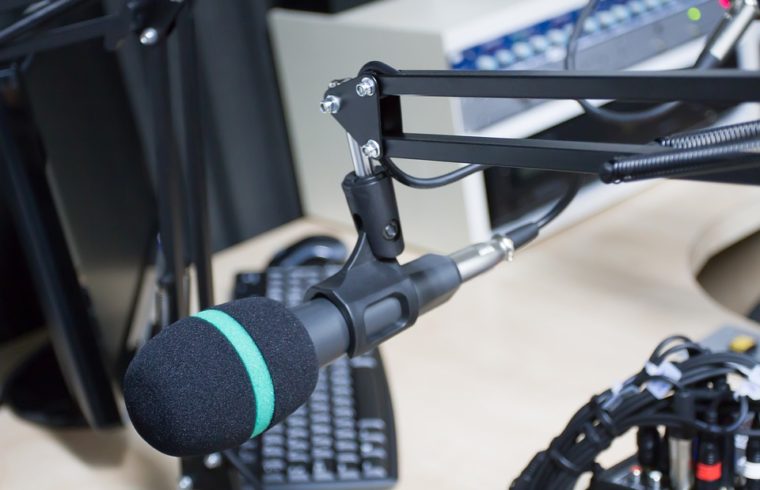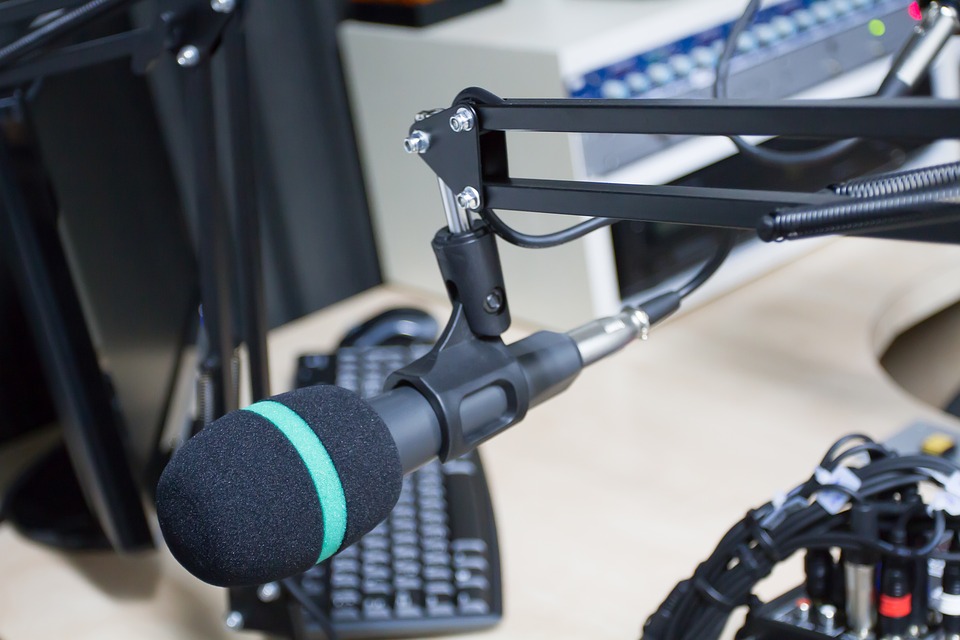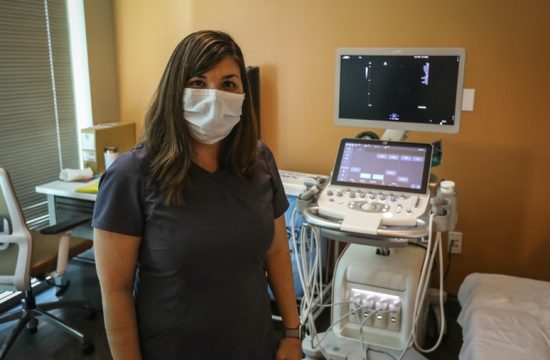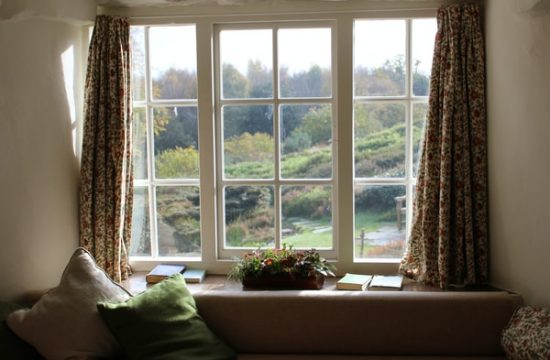Do you want to know how to become a DJ? Basically, these professionals are employed by radio stations and choose which music to broadcast to their audience. Sometimes, they focus on a specific musical genre. They may also speak about sports, pop culture, the news, traffic, the weather, and more. It is common for someone who is just starting to have to do horrible shifts, such as very early on the morning or very late at night, but you work your way up from that. It is a popular career so the best way to have a chance at being selected is to complete a college education.
-
Enroll in an Undergraduate Degree
If you want to become a DJ, you should consider completing a bachelor’s degree in music business, broadcast journalism, communication, or audio engineering, for instance. This will teach you about all the elements of the job. Associate’s degrees also exist, but bachelor’s are definitely better and will make you a lot more competitive.
-
Complete an Internship
In the world of music, broadcasting, television, media, and entertainment, what you know is very important, but who you know perhaps even more so. This is why a good undergraduate degree will always include an internship. This gives you the opportunity not just to practice your skills and develop real experience, it will also enable you to start to build a network of professional contacts.
-
Get on the Air
There are lots of opportunities in which you can actually get on the air. Your college campus may have radio station, sometimes even one that is live 24/7. If you don’t mind doing unsociable hours (you best get used to that anyway), they offer a great opportunity for you to practice more. Get a reel together as well, which shows what you sound like and how you deal with an audience. This will give prospective employers the chance to hear what you’re actually like.
-
Find a Small Market to Improve Your Skills
It has been found that those who start with small markets to build up their reputation and skills have a better chance of long term success that those who try to get into the larger market straight away. This is because smaller markets give you a greater chance to experiment with your style and skills a little bit, teaching you how to engage your audience, how to be entertaining, and what works and what doesn’t work. Furthermore, larger studios will want to see real experience and they will look at ratings from smaller studios to see how well you did.
An important tip: try to be as versatile as you can. In smaller markets, it should be quite easy for you to engage in other things relating to the radio and broadcasting. For instance, you could update the station’s social media website, you could sell air time, or you promote the station in other ways. These are all essential skills and having them will certain set you apart as someone special in the wider job market once you’re ready to enter it.











